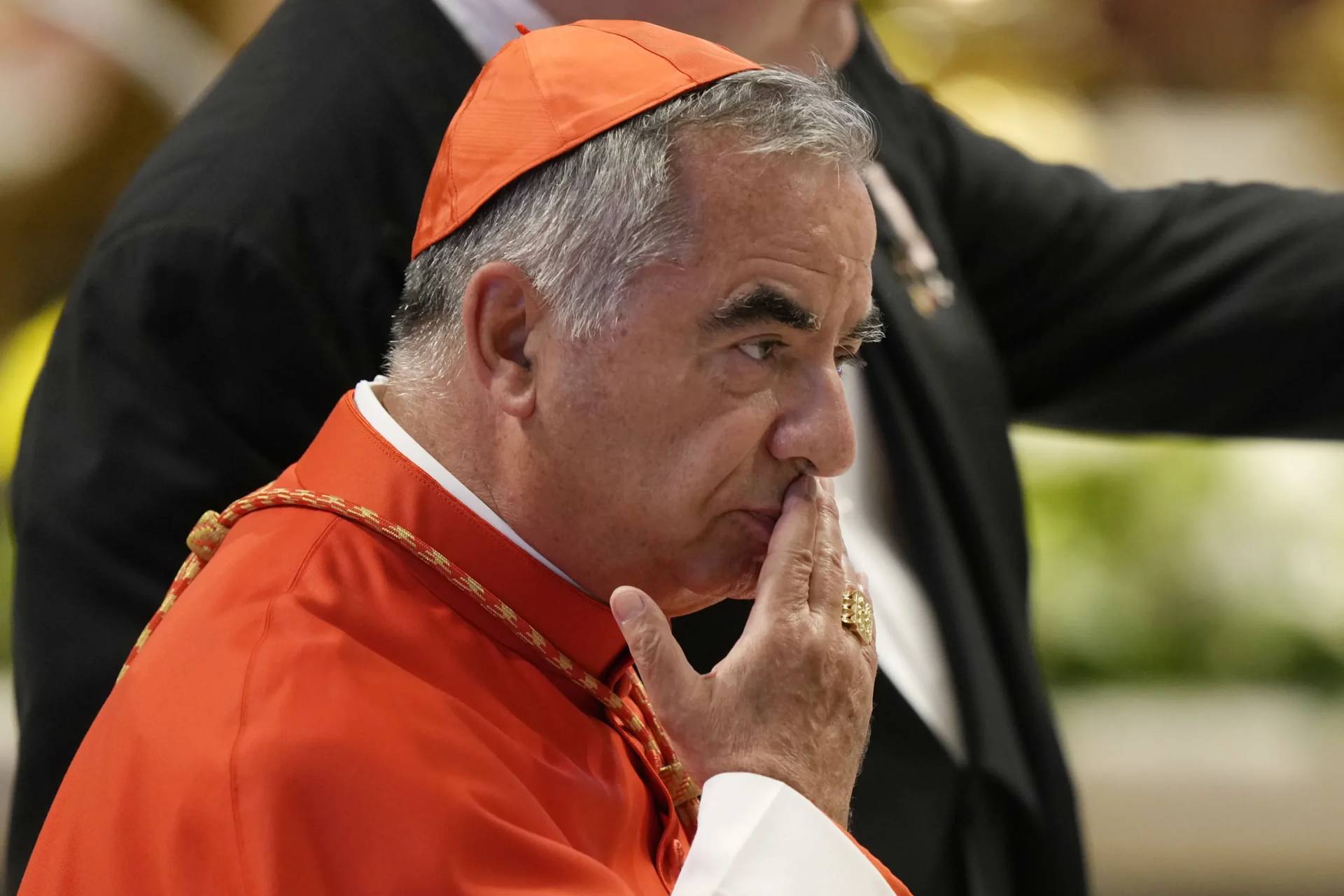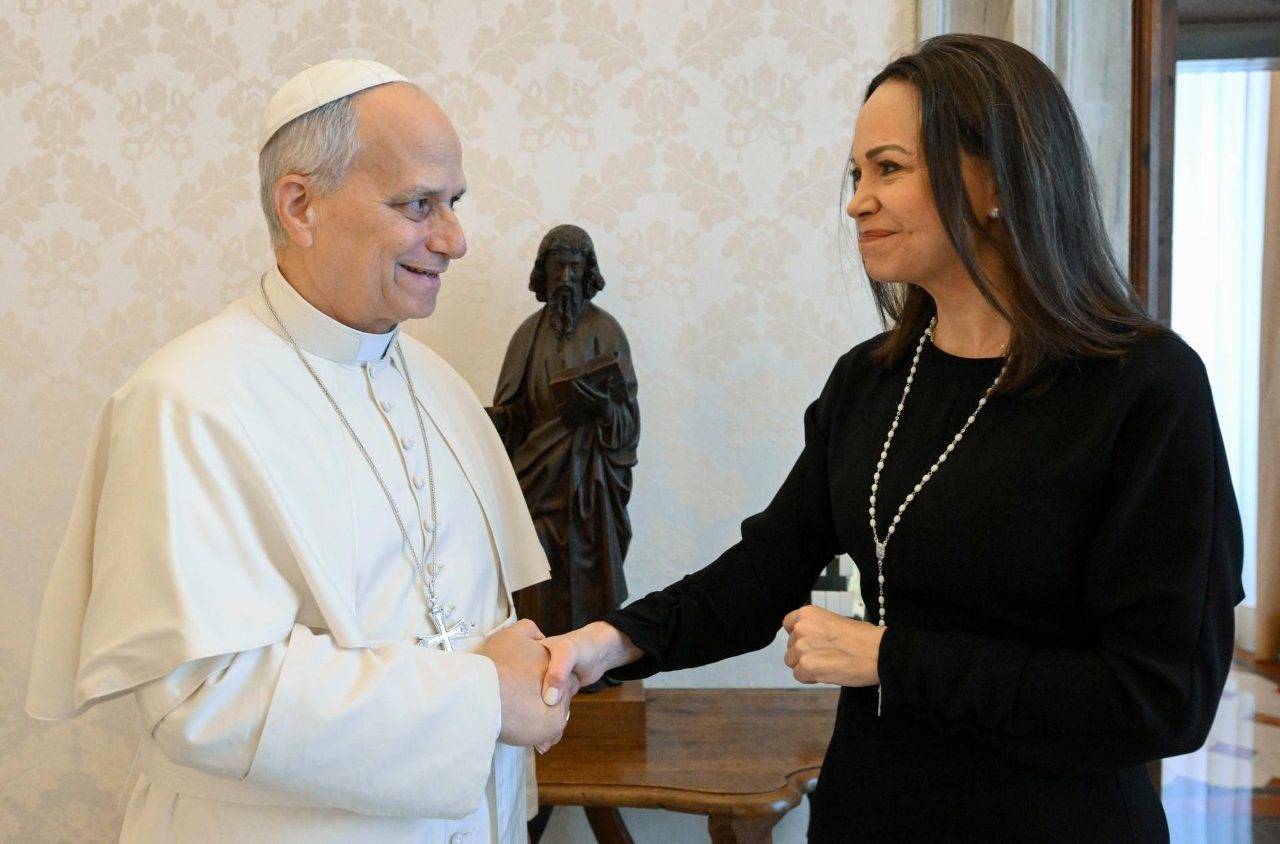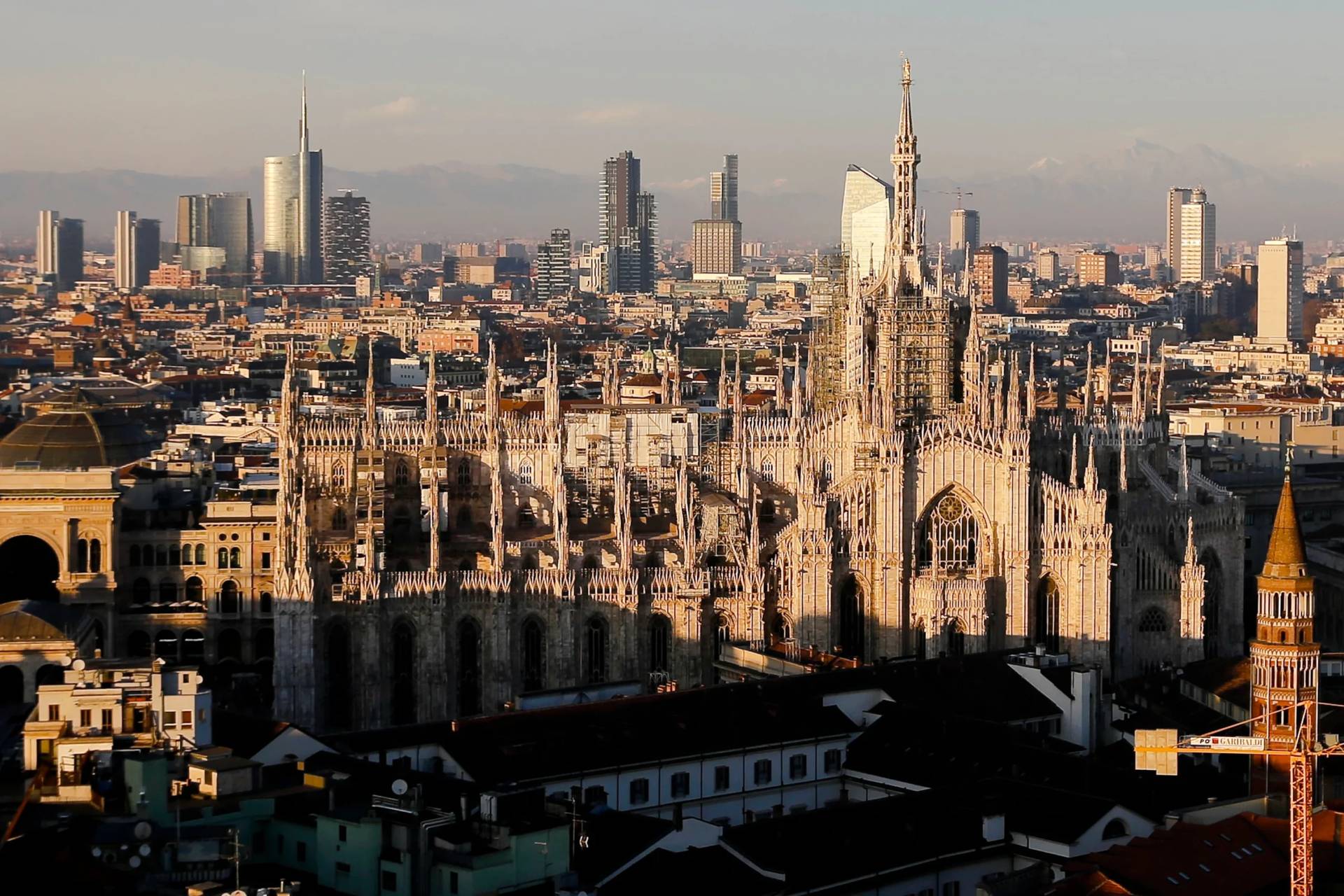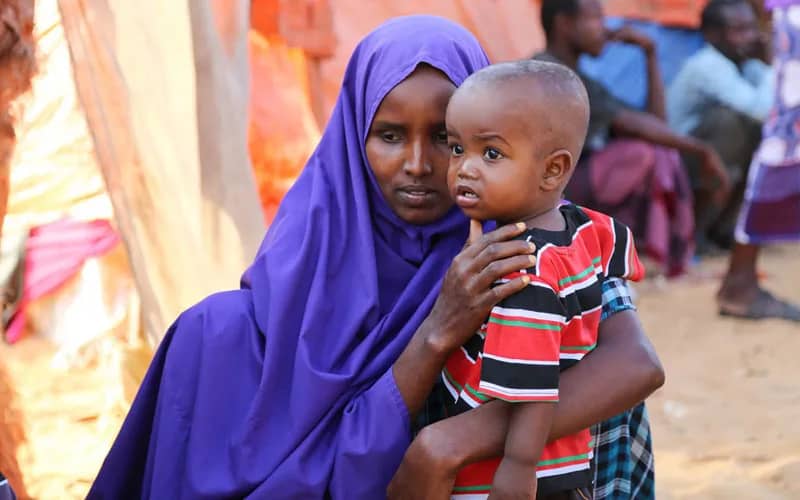In the days before Easter, NBC News and the Wall Street Journal published the results of a poll finding that most Americans still hold a favorable view of Pope Francis. A few weeks before that, the Pew Research Center released a report showing that the pope remains popular even with non-Catholics. That was an update to a poll from last December demonstrating that Francis was popular around the world, too.
As the pope prepares for a much-hyped visit to the United States this September, during which he’ll meet with President Barack Obama at the White House and give a first-ever address to a joint session of Congress, does his popularity really matter?
William Portier, a theology professor at the University of Dayton, said Pope Francis, like his immediate predecessors, operates in a new media context that allows Catholics in the pews to know more about their spiritual leader than ever before. This, he said, can be a double-edged sword.
“Media and communication allows the pope to have contact with the whole world,” he told Crux. “But it focuses attention on the pope in ways that could have a deforming quality and minimize the laity.”
He said the best use of the pope’s popularity in the United States would be ending the culture wars over issues such as contraception and the treatment of gays and lesbians, but admitted that might not be possible.
“He’s asking, how do things look from the edges? He doesn’t care how things look from Washington or Bonn or even Rome. He cares about how things look from the periphery,” he said. “So the arguments we have, like to whom you can sell a wedding cake, are just crazy in that context.”
Rachel Lu, a senior contributor at The Federalist, argued in a recent piece that the pope’s influence on American culture wars, and beyond, is far less than his critics give him credit for.
“Nowadays when the Supreme Pontiff wants to throw his weight around on the global scene, he’s reduced to, well, pontificating,” she wrote. “He’s not exactly setting global policy agendas.”
Nonetheless, Francis has helped re-establish the Vatican as a key player in international diplomacy.
He was personally credited by the leaders of Cuba and the United States last year for helping re-establish diplomatic relations between the two nations, and he led an international effort to prevent airstrikes in Syria in 2013.
Even church attendance in Italy went up soon after he was elected pope.
John Gehring, a Catholic pundit with Washington’s Faith in Public Life, wrote last week in Global Pulse that the pope’s popularity may give him an edge in promoting issues close to his heart, especially climate change.
“If anyone can help break the stalemate over climate change and reach an audience far beyond the progressive choir, it’s a global leader with approval ratings most politicians crave and the moral gravitas they usually lack,” he wrote.
But other Catholics believe the pope’s popularity is the result of a fawning left-wing media, and not due to admiration from ordinary Catholics.
Writing for Fox News shortly after the pope’s election, news editor Adam Shaw noted that Francis hasn’t strayed from Church teaching, but nonetheless “seeks to impress” the “left-wing media.”
He dubbed Francis “the wrong guy” for the job, and predicted, “Pope Francis will prove a disaster for the Catholic Church.”
In reality, Pope Francis hasn’t yet had a quantifiable impact on American Catholics one way or another during his relatively brief papacy: for example, the number of Catholics attending Mass in the United States hasn’t budged much under Francis.
But that doesn’t mean the pope isn’t having any impact. His popularity may be inspiring those already in the fold to identify even more strongly with their faith. Still, there hasn’t been a discernible Francis bump.
But as Mark Gray at the Center for Applied Research in the Apostolate at Georgetown University explained, this isn’t unusual. In fact, he wrote, “no pope since the end of World War II has had any observable impact on the Catholic affiliation percentage which has remained absolutely steady in the mid-20% range.”
Outside of Catholicism, how else could a popular pope have an effect in the United States?
For one thing, Francis’ emphasis on ecumenical outreach could bolster the emerging powerhouse relationship between Catholics and Evangelicals. At one time, these denominations — the two biggest in the United States — were outright hostile to one another. Over the past couple of decades, leaders from both churches have teamed up to fight abortion, contraception, and same-sex marriage.
Under Pope Francis, the portfolio is expanding, with Catholic-Evangelical work on the environment and poverty becoming increasingly prominent.
An Easter Sunday op-ed in The New York Times by Peter Wehner, a Republican political operative and Evangelical, compared the approach to culture battles by Evangelical leader Franklin Graham — “to ratchet up the condemnatory rhetoric,” with that of Pope Francis: He sees that “Jesus’ main mission was to persuade a world in need of God’s love and mercy.”
His conclusion: “Of the two approaches — Franklin versus Francis — the one taken by the pope is not only more popular but also better reflects Christ’s example.”
Some think the pope’s September address to Congress and the United Nations could set the stage for the real test of his impact in American culture: the 2016 presidential election.
Miguel Diaz, a former ambassador to the Holy See and now a theology professor at Chicago’s Loyola University, said the pope’s emphasis on “servant leadership and the pedagogy of mercy” could convince Catholic bishops and politicians here to reassess their own approach to public life.
“This understanding of leadership provides an invitation to our own local and national leaders to continue to build one nation out of a diversity of peoples,” he told Crux, “and to follow Pope Francis’ example of leading by protecting and defending the dignity and rights of the most vulnerable persons within our country.”
Will bishops focus primarily on life and marriage issues as in elections past, or will they take a cue from Francis and spend more energy on other issues that also are part of their agenda, such as poverty, immigration, and international religious liberty?
“The full impact of Francis’s influence will have to await 2016, since it is usually during presidential cycles that issues dear to Catholic bishops’ hearts, like contraception and abortion, get a national airing,” Tom Kington wrote at Politico last November.
But for Portier, the theology professor, the pope’s message for Americans remains anyone’s guess. But there’s one thing he’s sure about.
“He has a different way of looking at the world, and the question is whether his way of looking at the world can connect with ours,” he said. “God knows what he’ll say when he comes here. But I know he’ll sound like Jesus. That’s the source of his appeal; he talks like Jesus.”













